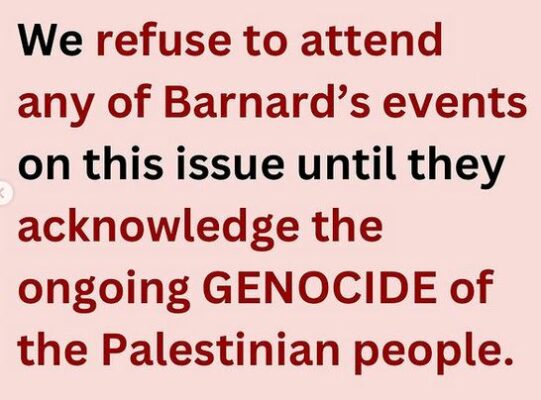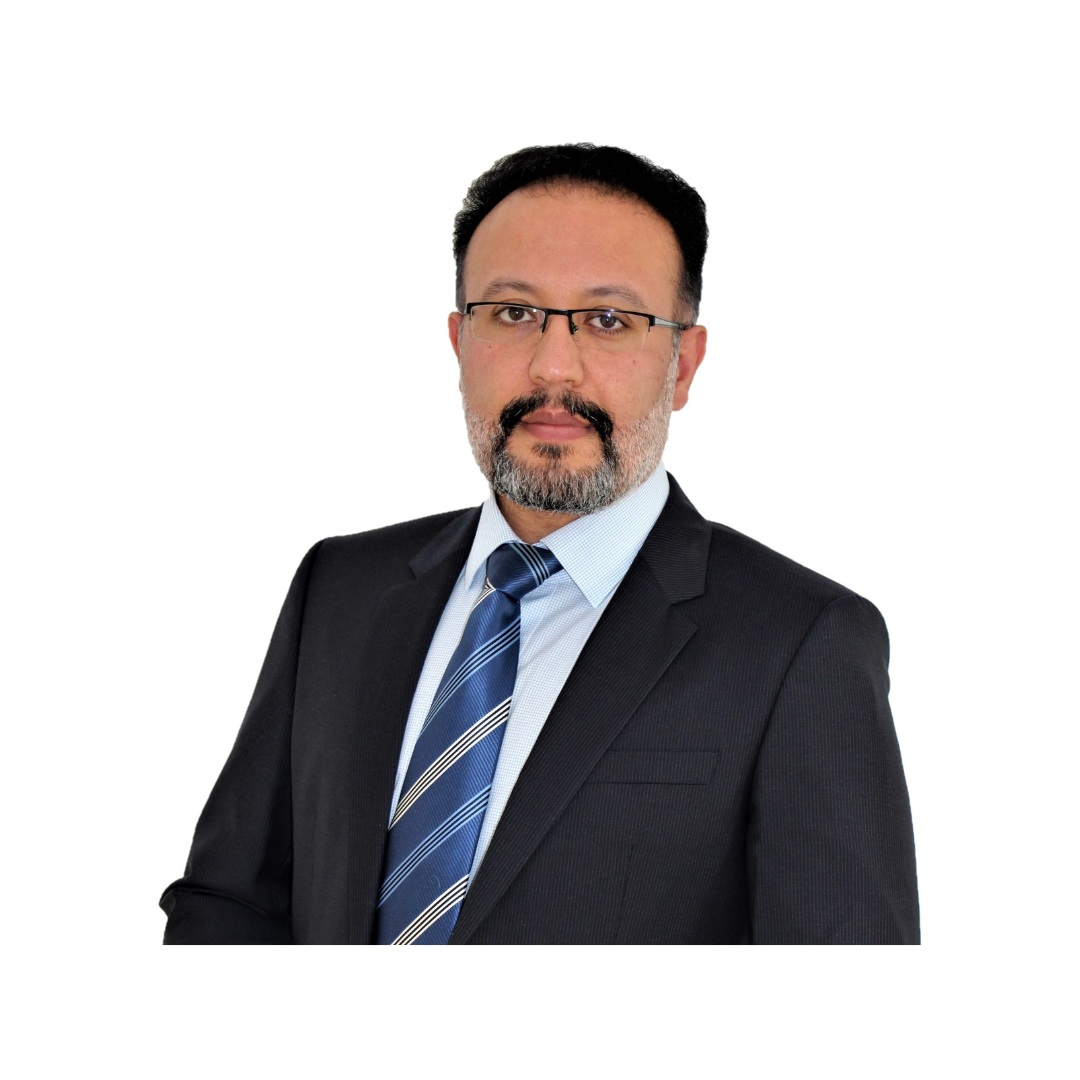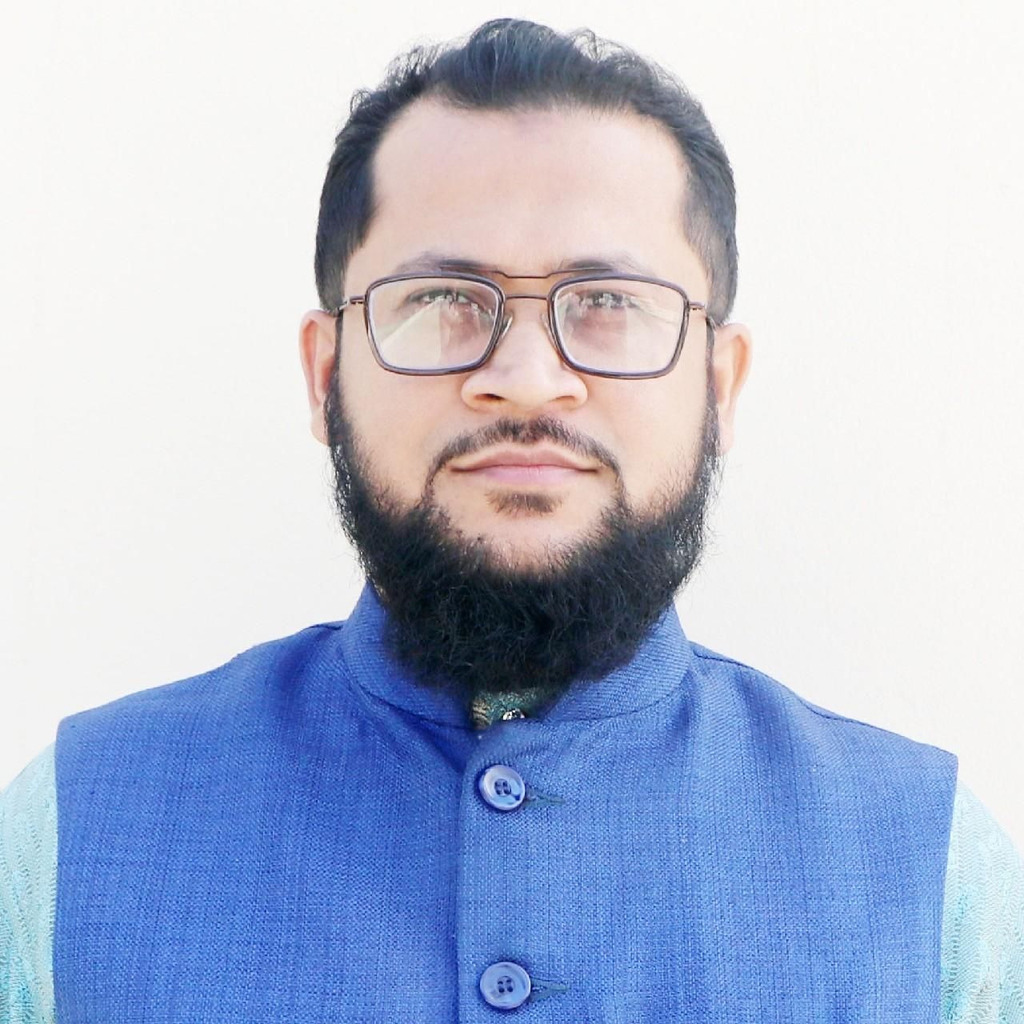Table of Contents
- Mohsen Ojja - MATPN Expo
- Prof. Dr. Mohsen Afsharian - Leibniz Fachhochschule (FH)
- Mohsen Mahmoodzadeh | 100ASA
- 風雨無阻 紐約佛教聯合祈福慶衛塞節-人間通訊社
- Congressman Jamaal Bowman - StopAntisemitism
- Impressum - Herten KFO Herten
- Anti-Israel protesters at Columbia demand divestment, threaten tuition ...
- Dr Mohsen Mortazavi on LinkedIn: #آیزاک_آسیموف #کسب_و_کار #تبلیغات_نوین ...
- Mahmud Mohsen Alam - Senior Project Engineer - KSR Bangladesh Office | XING
- Inspiring Peace in the Community Through Storytelling - Southsider

The arrest of the Palestinian student leader is a disturbing example of the Trump administration's crackdown on dissent and its attempts to silence marginalized voices. The student, who was an outspoken advocate for Palestinian rights, had been a key figure in the Columbia University protests, which aimed to raise awareness about the Israeli-Palestinian conflict and promote solidarity with the Palestinian people. The protests, which were peaceful and lawful, were met with resistance from university administrators and pro-Israel groups, who sought to suppress the students' right to free speech and assembly.


Background of the Arrest


The arrest of the Palestinian student leader has sparked widespread condemnation from human rights groups, academic institutions, and community organizations. The American Civil Liberties Union (ACLU) has denounced the arrest as a "clear attempt to silence and intimidate Palestinian activists," while the National Lawyers Guild has condemned the actions of ICE as "a blatant violation of the student's rights to free speech and assembly." The Columbia University administration has also spoken out against the arrest, stating that it is "deeply concerned" about the impact on the student's academic and personal well-being.


Implications for Academic Freedom


The arrest also highlights the need for greater protections for international students, who are often vulnerable to deportation and detention. The United States has a long history of providing a safe haven for international students and scholars, but the current climate of xenophobia and nationalism has created a hostile environment for many of these individuals. The arrest of the Palestinian student leader is a stark reminder of the need for greater solidarity and support for international students, and for the protection of their rights to free speech and academic freedom.
The arrest of the Palestinian student leader by ICE is a disturbing example of the erosion of free speech and academic freedom in the United States. It is a reminder of the need for greater solidarity and support for marginalized voices, and for the protection of the rights of international students and scholars. As the academic community continues to grapple with the implications of this arrest, it is clear that the struggle for free speech and academic freedom is far from over. We must continue to speak out against injustice, to advocate for the rights of marginalized communities, and to defend the principles of academic freedom and intellectual inquiry.By standing in solidarity with the Palestinian student leader and other marginalized voices, we can help to create a more just and equitable society, where everyone has the right to free speech, assembly, and academic freedom. The struggle for justice and equality is ongoing, but together, we can make a difference and create a brighter future for all.